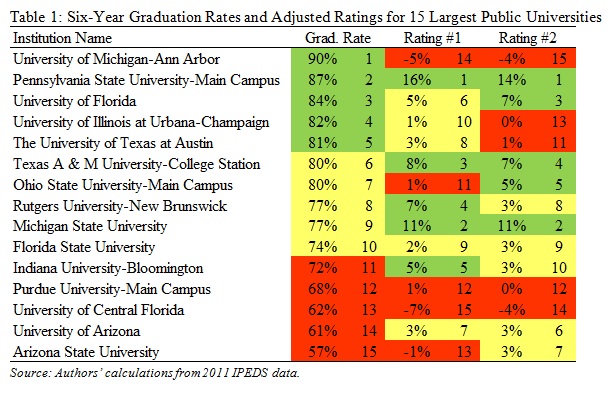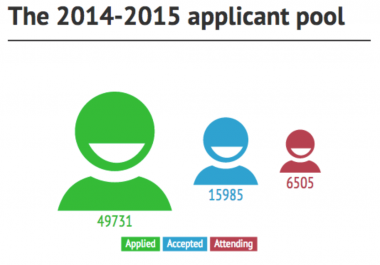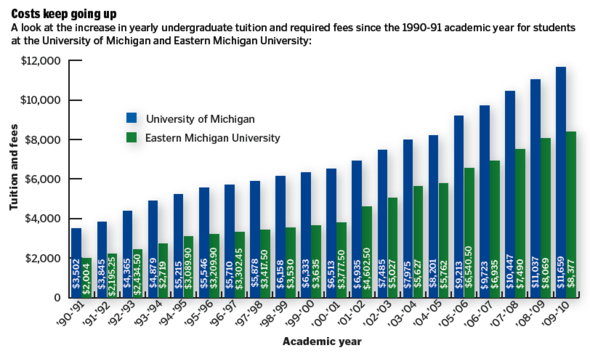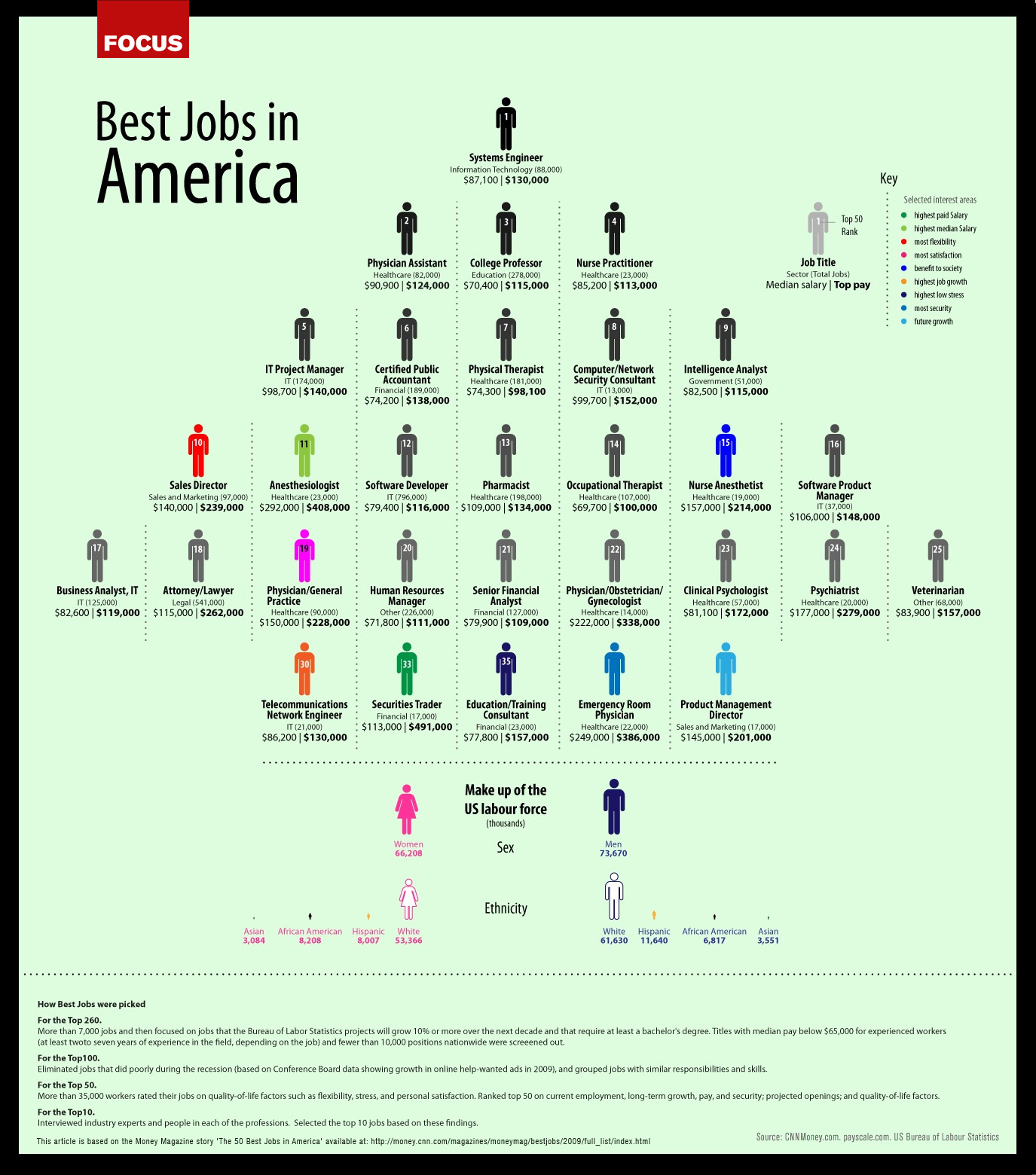COLLEGE ADMISSIONS
COLLEGE ADMISSIONS


For the 2014-15 school year, University of Michigan (Office of Budget & Planning Facts and Figures) had 49,731 applications for 6,505 spots. MSU over 50,000 MSU Historical Enrollment and Term End Reports At Duke, one of the most prestigious universities in the nation according to a recent survey of Princeton Review, has had nearly 31,150 applicants for their February 1st Deadline for about 2,650 spots in their freshman class. The survey of 901 students by the Princeton Review had 223 colleges listed as their "dream" school, and the Top Ten were: Stanford, NYU-New York University, Harvard, Princeton, Yale, Duke, Columbia, Notre Dame, Brown and MIT-Massachusetts Institute of Technology. (Ivy League Admissions Statistics)
The Washington Post Compares College Admissions Rates

Grade point average is important and one factor helping demonstrate ability, but more so it shows college admissions personnel student's effort and work ethic. Standardized test scores help to factor in ability, but historical methodology in assessesing validity of these tests only show they are 30% valid (although higher than 90% in reliability); certainly, standardized tests are imperfect and racially/ethnically discriminatory. Both GPA and ACT/SAT I test scores are still the two most used criteria for college admissions! Students and parents must continue to look at other factors which aren't discussed very often in college entrance: 1)Freshman Drop-Out Rate and 2)the simple fact that any student may obtain a "good" education at virtually any college or university.

Many times, students worry about college acceptance, but ignore the reasons they are going to college including career goals and purpose. Freshman drop-out rates nationwide are approximately 25%; in Michigan, drop-out rates for freshman range from 6% to as high as 50% at various institutions of higher education. Students may be going to college for the wrong reasons: to party, to get away from home, to go where a boyfriend or girlfriend are going, etc. The lack of planning is one criteria for a lack of success; another is the lack of basic study skills: reading, writing, problem-solving, etc. Many students have done enough to get through high school curricula, but truly aren't prepared for the high amount of reading, writing skills necessary for research papers, etc. Statistically, one in four students nationwide quits higher education after their first year and one in two by the end of their second year. It takes the "average" student five years to obtain a bachelor's degree today, and 30% of the students enrolled in our nation's community colleges already have a bachelor's degree. A bachelor's degree is no guarantee of a job or career success; currently 17% of our nation's population has a bachelor's degree or higher. Statistically, a person with a bachelor's degree will make more money over their lifetime than a person without a bachelor's degree; however, our job market is changing and these historical trends may or may not hold up in the future.
